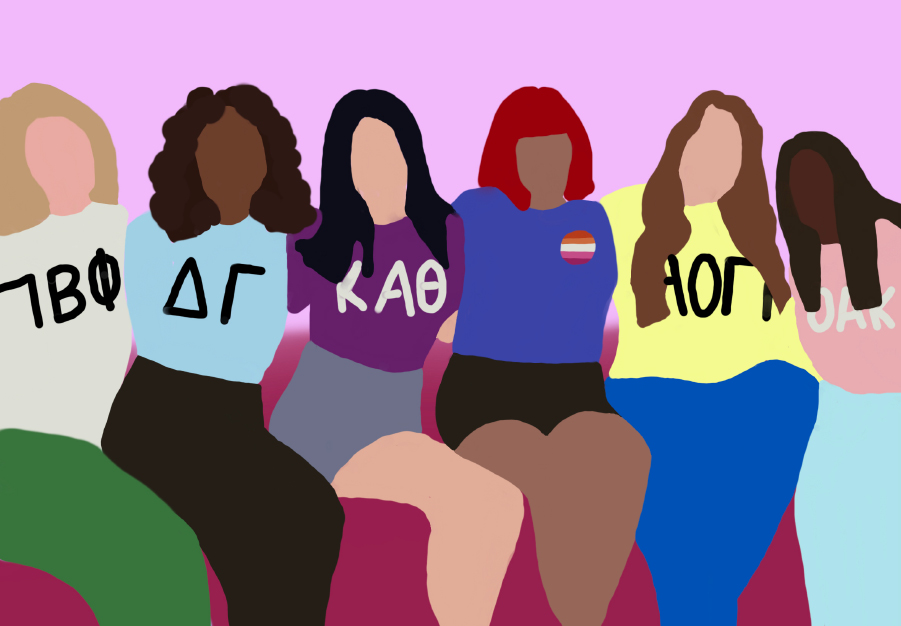I never thought I’d be so irritated by an adjective in my entire life.
Yes, you heard me right—those seemingly harmless modifiers are not as innocuous as they might seem. In fact, every time I hear the phrase “woman entrepreneur” or “female CEO,” I cringe on the inside. Woman entrepreneur? Female CEO? Really? Why do we need to modify these ostensibly gender neutral terms?
As a feminist, I understand the underlying intent behind using these adjectives to highlight the growing presence of women in historically male-dominated fields. But when it reaches the point where language that is meant to shatter gender stereotypes inadvertently perpetuates them, I hear a siren go off. Yes, our society is far from the point where we have complete gender equality in traditionally male-dominated fields. Yes, that means that the women who do enter these fields should be recognized so we can encourage more women to follow suit and break gender stereotypes. But no, that does not mean that we should use language that treats the presence of women in these fields as an anomaly to describe the changing workforce.
I say this not because the presence of women in many of these fields isn’t an anomaly—in fact, unfortunately, it often still is. I say this because, despite how rare it may be to find a software engineer who’s a woman in the higher ranks of a company, labelling this woman as a woman engineer only promotes the idea that powerful women in STEM are a rarity. It creates a false norm for what the future demographics of the workplace can and will look like, contributing to a self-fulfilling prophecy that actually perpetuates the idea that most engineers, politicians, and CEOs are men.
It’s not that I have anything against adjectives in and of themselves; description lends our writing a critical sense of nuance. What I do find fault with, however, is their imbalanced application. Why is it that we call a successful entrepreneur who happens to be a woman a female entrepreneur when her male counterpart is lauded simply as an entrepreneur? Why do we insist on tacking on the word “female” to successful politicians who incidentally are women, as if to (needlessly) clarify their title? Why do we use words that, while seemingly progressive, convey the idea that there is some kind of a contradiction between being female and being an engineer?
I know it’s easy to dismiss this as a mere semantics debate. Potato, potahto, tomato, tomahto, engineer, female engineer, you might say. But when it comes to the language surrounding deeply ingrained cultural stereotypes, I don’t think language is any trivial matter. In fact, language creates what professors George Lakoff and Mark Johnson label in their 1980 hallmark paper as the “metaphors we live by”—invisible cultural codes couched in our words that perpetuate antiquated stereotypes. Language is powerful. It sets the precedent for the future.
So I ask you to choose your adjectives wisely. Don’t be afraid to highlight the successes of women in STEM and other historically male-dominated fields; but be wary of buttressing the glass ceiling you are trying so hard to shatter through these hidden modifiers. Highlight progress, but don’t undermine it with the adjectives you do or don’t use. Only then can we normalize the successes of female entrepreneurs.
Meera Santhanam is a first-year in the College and an associate Viewpoints editor.







